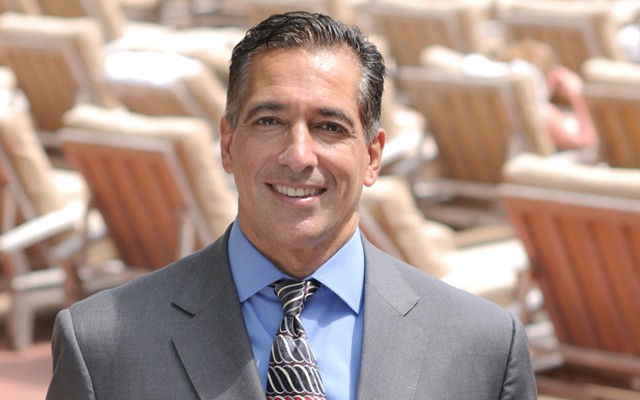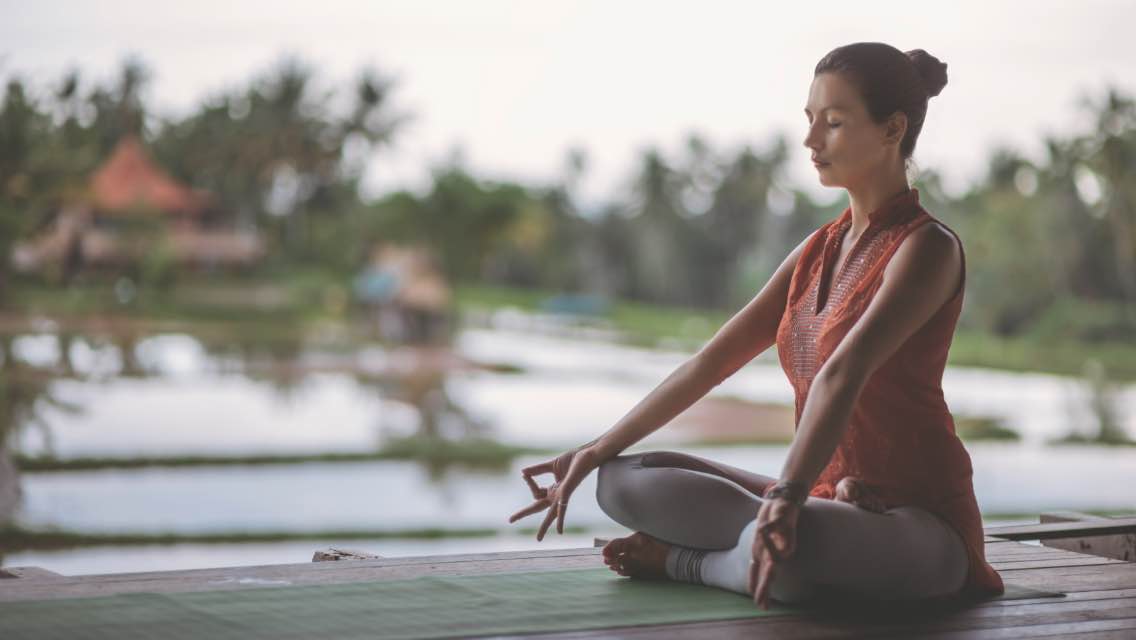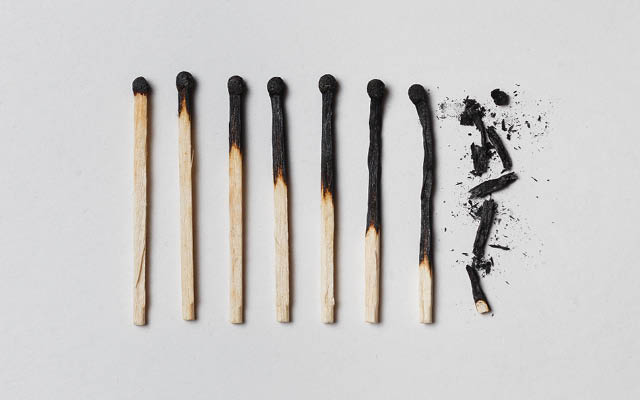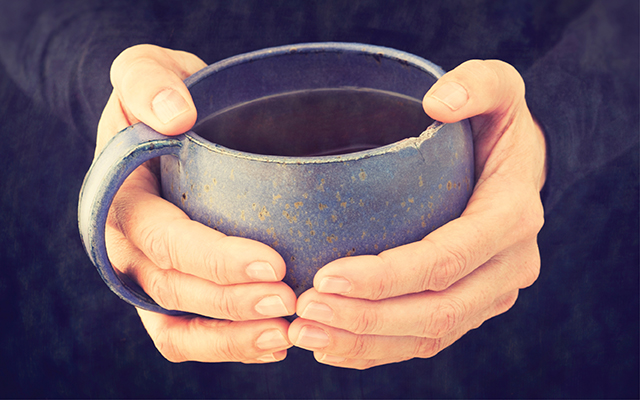Occasionally over the last 57 years, I have been blessed to experience the great feeling that comes with doing good deeds without expecting anything in return. Let me explain.
As young children, most of us learn and repeat an infamous line: “That is mine.” This is not inherently bad or unnatural; it’s a phase we go through to make sense of the world around us. We’re focused on ourselves, what we want, what’s ours.
Discovering all that’s available, we grab or claim what we can, with the goal of getting bigger and stronger as young boys and girls. Wanting to label more things “mine,” getting more control, and feeling more powerful in whatever ways we can are part of the journey. There’s nothing wrong with this; it’s simply an innate desire.
Parents attempt to balance this by teaching us how to share, which requires time and repetition. But this journey takes many turns, and we often remain focused on claiming all we can for ourselves. As our fixation to get what we want moves from one thing to the next, we may not have the capacity to shift our gaze outward or contribute anything of significance.
As we grow up and life becomes more complex, the vast list of things we could collect gets longer, making it difficult to feel like we will ever have enough. It’s as if we’re constantly trying to keep an endless supply of in-use batteries charged — an effort that demands our attention yet is never quite attainable. And because our attention is directed inward toward having enough, doing good or sharing is not a priority. This way of thinking and acting can become habitual.
With age and maturity, we usually begin to see outside ourselves more often. Yet even then, the act of doing good may be motivated by the expectation of getting something in exchange. Consciously or not, we may expect it to eventually come full circle and pay off. And in some cases, it very well might. But this is not what I mean when I refer to the “supreme good.”
A common translation of a quote from philosopher Lao Tzu reads: “The supreme good is like water, which nourishes all things without trying to.”
My interpretation of this is that the supreme good is doing good for someone or something purely for the sake of doing good, with truly no expectation of payback or exchange in any form. The seeking for more that is “mine” is put on hold and we’re content with where we are in that moment. It’s when we realize what truly brings meaning to our lives.
As I mentioned earlier, I have periodically been able to experience this. In reflecting on these moments of doing good for someone, some creature, or the planet, I am reminded of what a blessing the feeling is and what joy it brings. These are the rare experiences I cherish most.
I by no means want to imply, however, that I am in this frame of mind the majority of the time. But these experiences have helped me become more aware of the potential for doing good and reminded me to look for more ways to do it with this intention. It’s something I’m constantly aspiring to, even if it’s not always possible.
My hope for all of you reading this column is that you, too, will look for and notice these opportunities, big or small. I hope that you’ll take the time to reflect on the blessings in your own life and that you can feel a state of contentment that allows you to do supreme good. There’s something truly special about it.




This Post Has 0 Comments